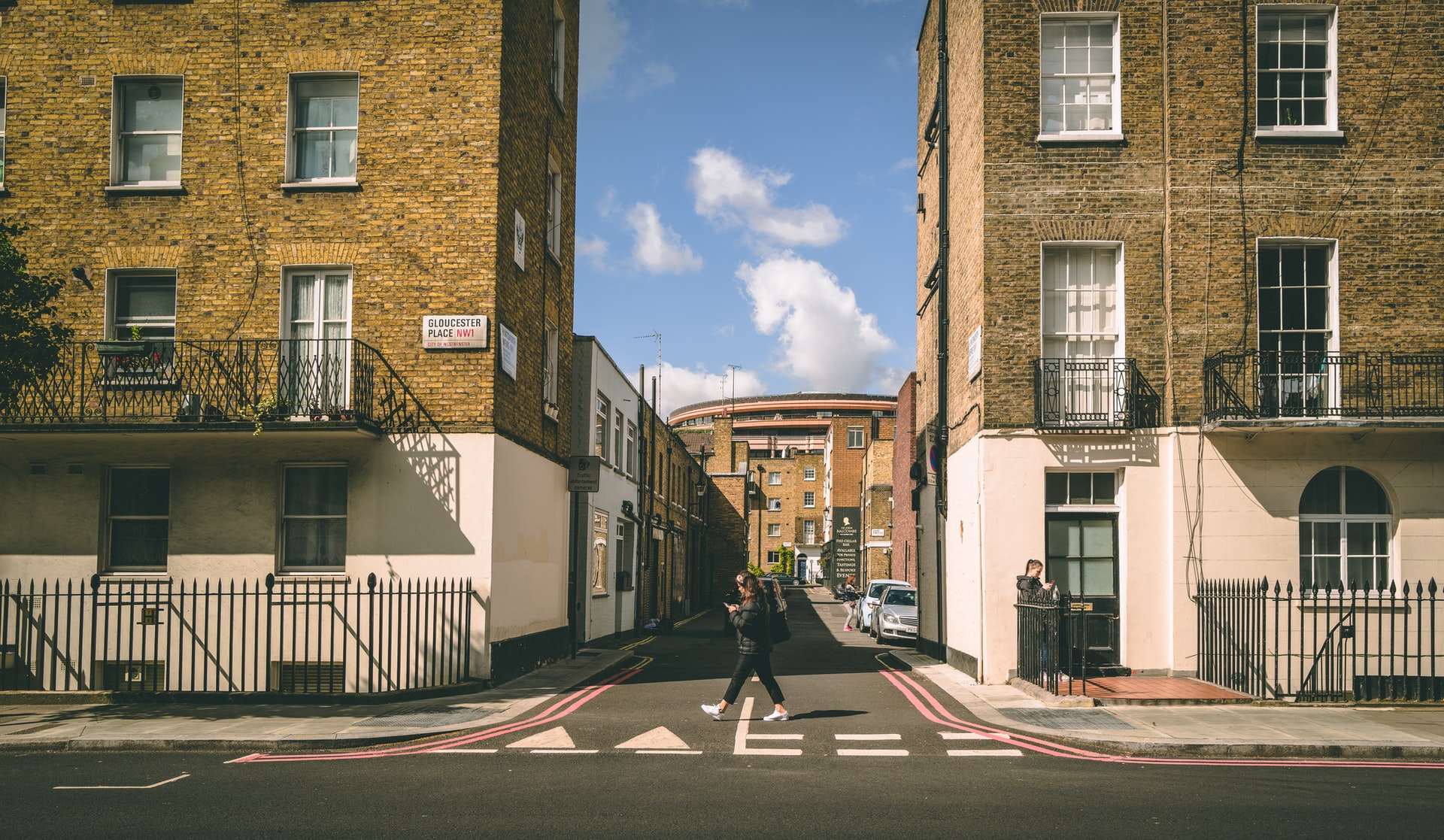Shared ownership is an alternative way to buy your first home. The shared ownership scheme is a stepping stone from renting to buying with financial help from the government. The appeal is that it reduces the greatest obstacle to homeownership - putting together a significant enough deposit.
What Does Shared Ownership Mean?
Shared ownership is a more accessible, alternative path for first-time buyers to step onto the property ladder and purchase a home.
This government scheme provides a way out if you cannot afford to buy a house outright and kick-starts your journey to home ownership. Shared ownership houses usually belong to housing associations.
Your share in the property can range from 10% to 75%, and you have the option to increase your share gradually until you gain full ownership, a concept known as “staircasing”.
You pay a mortgage on your percentage share in the property and pay rent to the housing association (landlord) for their percentage share in the property. The initial purchase deposit is usually 5% - 10% of the share you buy.
Shared Ownership Mortgage
When opting for shared ownership, the mortgage you take out is only for the share of the property you own, which can make it easier to get approved, particularly for those with lower incomes. Since the mortgage amount is smaller, monthly repayments are generally lower than if you were to buy the entire property outright. However, it’s important to consider the rent on the remaining share and any additional costs such as service charges and ground rent.
Interest rates on shared ownership mortgages can vary, and it’s crucial to shop around and seek advice from a mortgage advisor who is familiar with the intricacies of shared ownership. It’s also worth noting that as you staircase and buy additional shares, you might need to remortgage, which could involve fees and additional costs.
Shared Ownership Calculator
Before committing to anything, you should consider using a shared ownership calculator to assess affordability. This tool will help you understand the initial costs, ongoing monthly payments (including mortgage, rent, and service charges), and the impact of staircasing over time. There are many shared ownership calculators available online, through various housing associations or you can use the spreadsheet version provided by Homes England.
Using this calculator, you can estimate how much you need for a deposit, what your monthly payments will look like, and how increasing your ownership stake (staircasing) will affect your finances in the future. This step is crucial for ensuring that shared ownership is financially viable for your situation.
9 Shared Ownership Pros and Cons Every Buyer Should Know
Pros of Shared Ownership
- Pay a smaller deposit: The greatest barrier to homeownership is affording a deposit. With shared ownership, the deposit is less because it is a percentage of your share in the property.
- Easier to secure a mortgage approval: As a low-income earner, the amount you will borrow is much lower, making it easier to get mortgage approval.
- Gradual increase of shares: You can gradually buy more shares in the property until you achieve 100% property ownership.
- More security: You can remain in your home for the entire period of the leasehold, as long as you make your mortgage and rent payments in full and on time.

Cons of Shared Ownership
- The cost of staircasing: Increasing your share of ownership can be expensive. The property must be valued each time you increase your ownership, you will need a solicitor to handle the legal paperwork, and you must pay conveyancing fees.
- Housing prices affect staircasing: Staircasing leaves you vulnerable to price increases in the real estate market. Every time you buy new shares, the property will be valued independently, and your payments will be based on the prevailing house prices.
- Ground rent costs: All shared ownership houses are leasehold; therefore, you may incur extra costs in ground rent. However, the rules vary across different housing associations. Some charge ground rent during the tenancy, while others require payment only when you own 100% of the property.
- Limitations on structural changes: Some housing associations limit the significant structural alterations you can do on the property, but cosmetic changes are often allowed.
- Limitations on selling: Shared ownership properties are specifically designed to help first-time buyers join the property market. Therefore, when you want to sell, you must offer the housing association first refusal before presenting it to other buyers. Also, a buyer can only purchase your total share of the property, so it might be harder to sell.
The shared ownership scheme can get you onto the property ladder if you are a low-income earner with a small deposit and low mortgage repayments. However, consider the pros and cons to determine if it is the best option for you.
How can GloverPriest help?
If you’re considering shared ownership and need expert legal advice, GloverPriest Solicitors can guide you through every step of the process. Our experienced Shared Ownership Conveyancing specialises in shared ownership transactions, ensuring you understand your rights and obligations while making the journey to homeownership as smooth as possible.
For more information or to instruct our expert solicitors, get in touch here.